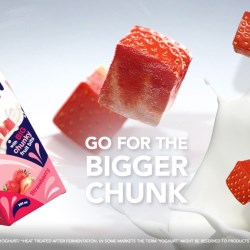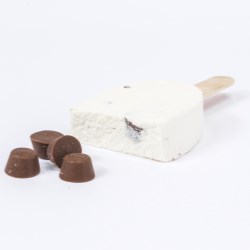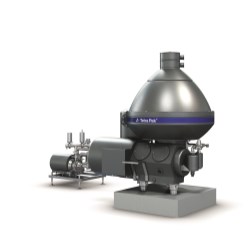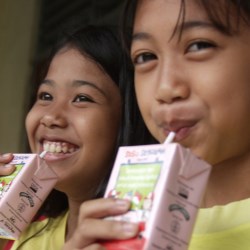If this is your company, CONTACT US to activate Packbase™ software to build your portal.
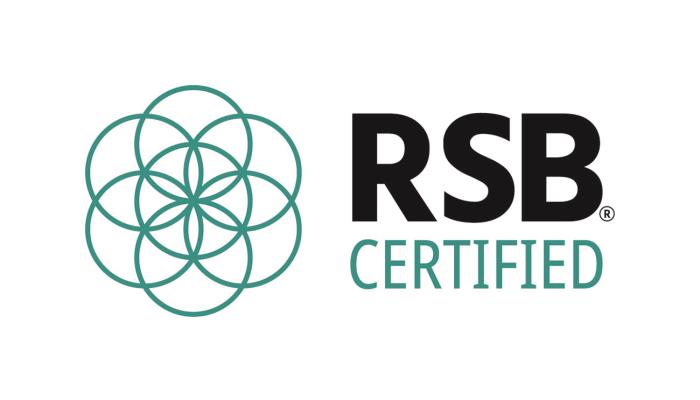

Tetra Pak has announced the introduction of certified recycled polymers, becoming the first company in the food and beverage packaging industry to be awarded the Roundtable on Sustainable Biomaterials (RSB) Advanced Products certification. Its carton packages integrating attributed[1] recycled polymers are now available for food and beverage manufacturers.
This move marks a key step in Tetra Pak’s approach to circularity which includes: minimising dependency on fossil-based resources; responsibly sourcing raw materials; designing packages for enhanced recycling and reduced litter; and building partnerships to develop effective collection and recycling infrastructure worldwide.
Alejandro Cabal, Vice President Packaging Solutions, Tetra Pak said: “As signatories of the Ellen MacArthur New Plastics Economy Global Commitment we have pledged to incorporate a minimum of 10% recycled plastic content on average across carton packages sold in Europe by 2025, subject to suitable food-grade recycled plastics being technically and economically available. Having worked closely with INEOS and RSB in the past few months, we are now able to offer carton packages integrating attributed recycled polymers, further enabling the sustainability transformation of the food industry.”
Using recycled material can contribute to increased recycling rates and make recycling more economically viable. But reliable sourcing and quality can be a challenge, due to the limited availability of food-grade recycled plastics in the market at present.
With this in mind, Tetra Pak initiated a close supplier collaboration to explore utilising recycled polymers in carton packages and identified INEOS to provide the first batch of attributed recycled polyethylene (PE). The global manufacturer of petrochemicals, speciality chemicals and oil products is leveraging PLASTIC ENERGY’s advanced recycling process to convert waste plastic into high-quality polymers, replacing oil-based products with material featuring identical specifications and the same level of product purity as virgin plastic.
Cabal added: “RSB certifies that the attributed recycled polymers used in the caps, tops and/or coatings of Tetra Pak carton packages are produced sustainably[1]. Being the first in our sector to be awarded the RSB Advanced Products certification represents yet another milestone in our journey towards the world’s most sustainable food package: a carton that is fully made from renewable or recycled materials, is convenient and safe - hence enabling a resilient food system - is fully recyclable and carbon-neutral. Qualifying and providing assurance of mass balance claims is critical to ensure transparency and accountability within the system, therefore enhancing confidence from the end-user perspective.”
Following the RSB chain of custody attribution method[2], the plastics are made of a mix of recycled and non-recycled materials, with the corresponding mass of recycled materials tracked throughout the Tetra Pak supply chain.
Initiatives such as these are the need of the hour. Recycling has become a go-to solution to the packaging problem as part of a move to circularity. But the world cannot rely on recycling alone, as fossil-based plastic production is still growing – it reached around 368 million metric tonnes in 2019.[3] Meanwhile, recycled content mandates across the world offer a regulatory push to ensure producers buy recycled materials; this increases demand and thereby encourages expanded offer. NGOs are also strongly supporting this move. The latest Global Commitment progress report, published by the Ellen MacArthur Foundation in November 2020, indicates that – despite recycled content in packaging having grown by ‘22% year-on-year and the number of reduction targets having more than doubled – a substantial acceleration will be needed in the coming years to circulate everything we use, keeping it in the economy and out of the environment’.[4]
Cabal concluded: “There is a long way to go before plant-based and recycled polymers become mainstream. We are working with partners to further explore sustainable polymers, while we continue to assess the use of alternative plant-based products and recycled fibre-based materials. Our long-term ambition is clear, for all our packaging to use renewable or recycled polymers, ending the extraction of fossil feedstock. Coordinated action and advocacy by multiple companies and other actors is required to support the transition to a low carbon circular economy.”
[1] The recycled polymers used in Tetra Pak carton packages are produced under the RSB attribution model of chain of custody (RSB Advanced Products Category III, Recycled feedstock - 100% attributed). This means that the plastics are made of a mix of recycled and non-recycled materials, with the corresponding mass of recycled materials tracked throughout the Tetra Pak supply chain. This is verified by a third-party auditor, according to the RSB Chain of Custody Procedure, which forms part of the RSB Advanced Products certification.
[2] See https://rsb.org/the-rsb-standard/about-the-rsb-standard for more information.
[3] RSB Advanced Products Category III, Recycled feedstock - 100% attributed. Tetra Pak’s RSB certification code is SCS/RSB-C-0039.
[4] Source: https://www.statista.com/statistics/282732/global-production-of-plastics-since-1950/
[5] Source: https://www.ellenmacarthurfoundation.org/assets/downloads/Global-Commitment-2020-Progress-Report.pdf


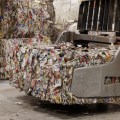
.png)


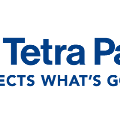
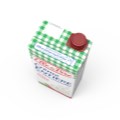
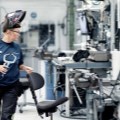
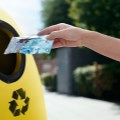

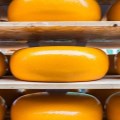
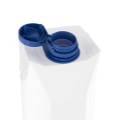




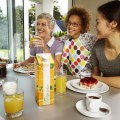
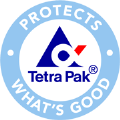
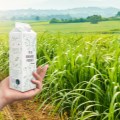
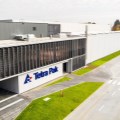
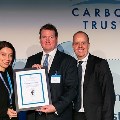

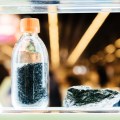
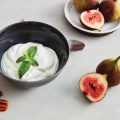


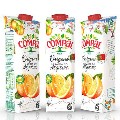

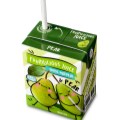
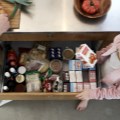

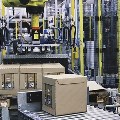





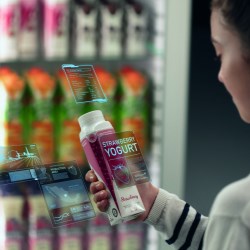
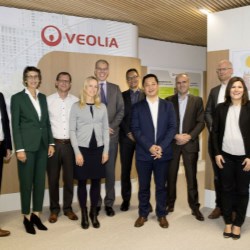

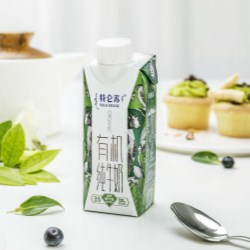

.jpg)
